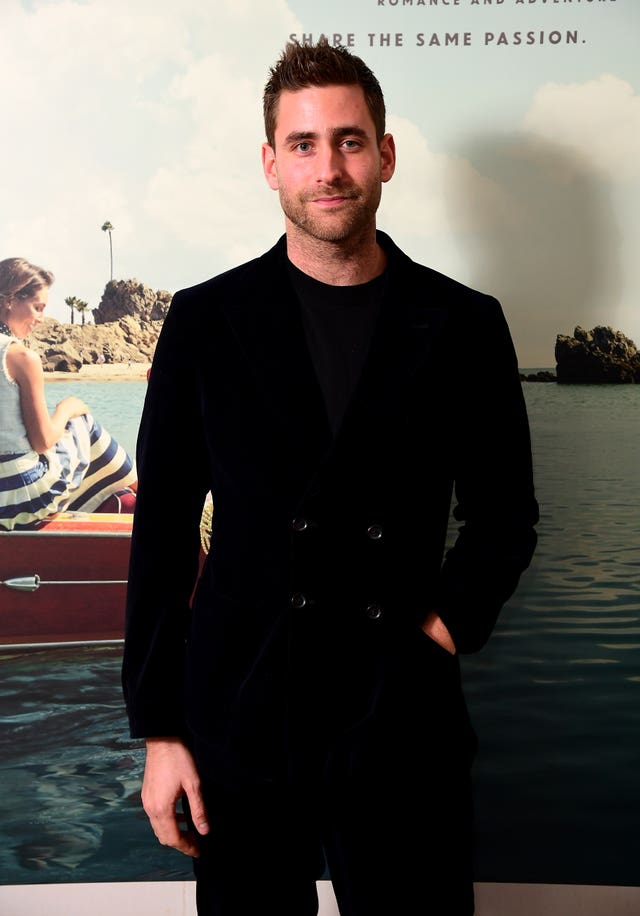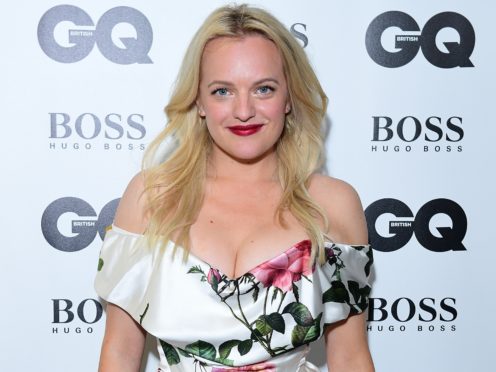Elisabeth Moss has said she wants to honour survivors of domestic abuse in her latest film, The Invisible Man.
The Hollywood star plays Cecilia, a woman who escapes an abusive relationship but later comes to believe her ex-partner, played by Oliver Jackson-Cohen, who was thought to have killed himself, is invisible and stalking her.
The 37-year-old said portraying a woman trying to escape their abuser was not as “distressing” as people might assume.
She said she hoped the science fiction horror, based on HG Wells’ book of the same name, would not “disrespect” those women.
Asked whether the role had been challenging, she said: “No … I always have trouble saying that because I feel like, well, it’s not real and the women who actually do go through that, actually, it’s sort of disrespectful to them to be like: ‘Yes, I was pretending to do it and it was difficult.’
“I feel like it doesn’t honour them in the right way.
“I felt like my job was to be as responsible to the truth of the story as possible and that was what I was more focused on.”

Moss said she and director Leigh Whannell had made sure to integrate research about domestic abuse into the film.
“Leigh helped us out a lot with that, too,” she said.
“He did some research, which he shared with us and then Ollie and I, we talked about it a lot when we got to Australia.
“Even though our story picks up post-relationship, we wanted to make sure that we were aware of what had exactly happened so that when I was afraid of something, I knew exactly (what) to be afraid of.”
Moss said the film was timely, in an apparent reference to the trial of disgraced Hollywood mogul Harvey Weinstein.
She said: “I think that the idea of bullying, the idea of not only domestic abuse and violence but the idea of someone being bullied and not feeling safe, or feeling scared to talk about something – that’s been happening to them.
“Whether it’s a younger generation, or whether it’s a man or a woman, I think that that’s important to have as a part of the conversation.”
The Invisible Man is in cinemas now.
